KYIV. Dec 21 (Interfax-Ukraine) – The agreement reached by the EU countries to limit natural gas prices at EUR 180 per MWh is not formally an instrument of sanctions, but this is a systemic change that allows Russia to be cut off from the gas market faster and more clearly, the First Deputy Prime Minister, Minister of Economy Yulia Svyrydenko has said.
"The current decision is a systemic change that allows Russia to be cut off faster and more clearly from the gas market," she said on the ministry’s website on Tuesday evening.
Svyrydenko said that the good news is that EUR 180 per MWh (about $2,000 per 1,000 cubic meters) is significantly lower than the original proposal of the European Commission EUR 273 per MWh.
At the same time, as the political debate continued, the EU gas price declined to EUR 117 MWh and the TTF price fell to EUR 107 per MWh on Tuesday, she added.
According to the Minister of Economy, this tool will work from February 1, 2023, and price caps will become possible from February 15. This mechanism will become insurance against price spikes.
"The gas price cap has a different nature than the oil price cap. Formally, it is not a sanctions tool. Its main purpose is to protect against excessively high prices. But the introduction of a price correction mechanism opens up a possibility for future sanctions and the exclusion of Russian gas from global markets," Svyrydenko said.
She said that Russia’s long-term dominance in the EU gas market has led not only to quantitative dominance, but also to excessive sensitivity of pricing to the Russian factor: in the summer of 2022, prices in the EU were seven times higher than in the United States.
The First Deputy Prime Minister also said that the establishment of a tougher price cap could cause problems, since the gas price regulated in this way at the TTF hub is a financial instrument that is also associated with a number of derivatives. "Therefore, there is a risk that abrupt and excessive intervention may lead either to the restriction of physical supplies, loss of liquidity of traders in financial instruments, or to the flight of trade to other sites," Svyrydenko said.
She said that any decision on the application of this mechanism will be accompanied by the analysis and positions of the European Union Agency for the Cooperation of Energy Regulators (ACER), the European Securities and Markets Authority (ESMA), the European Central Bank (ECB), etc.
"But even all the difficulties and risks do not outweigh the main thing – Russian manipulations must be eliminated, and Russia is deprived of the income with which it finances the war," the First Deputy Prime Minister of Ukraine said.
